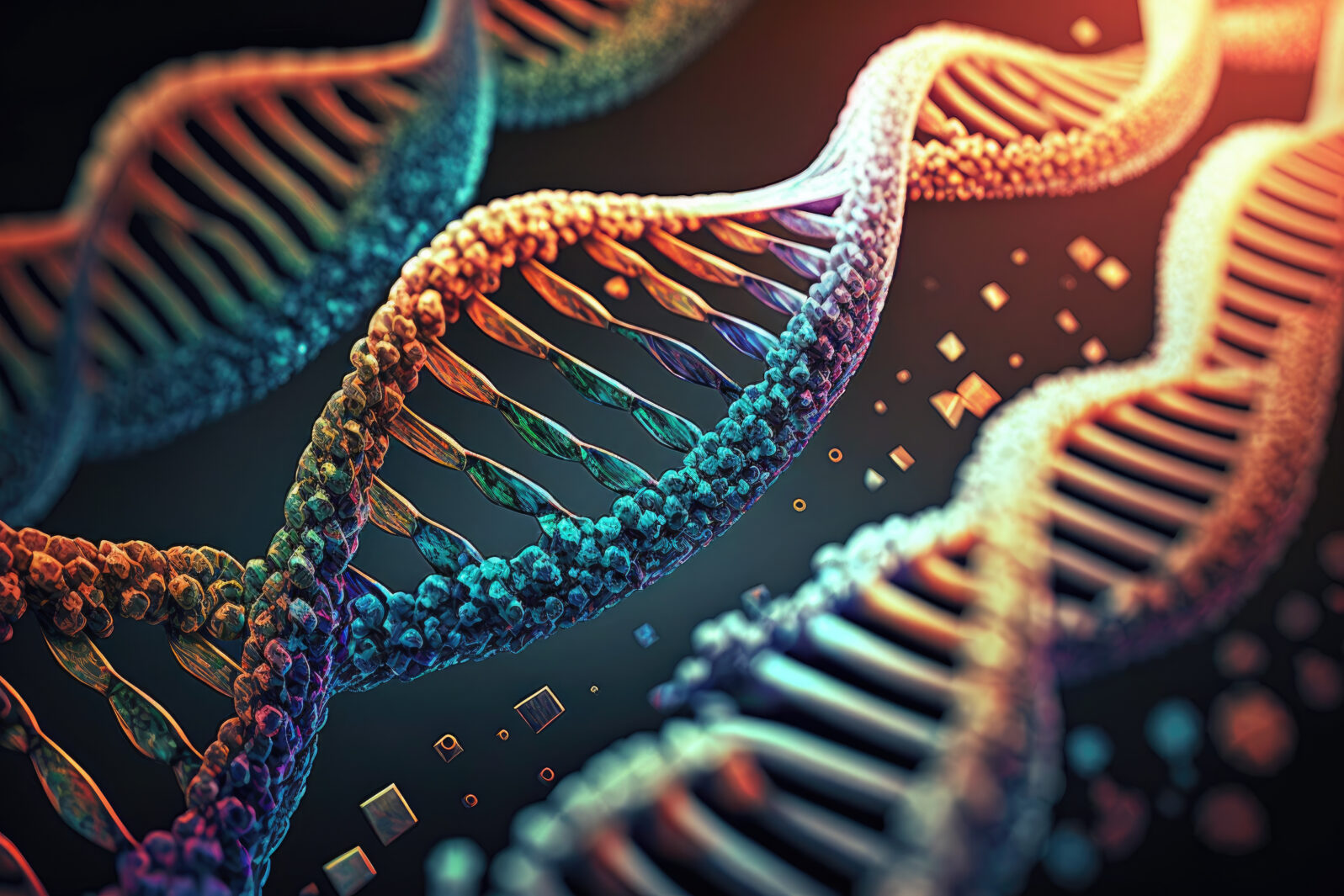How Will Media Address Growing Doubts About Darwin?
In the water flea study, the doubts sound as if they are coming from inside the house. One news story sheds light on a reporting strategyLast week, I pointed to a study published in PNAS, the journal of the National Academy of Sciences, that cast doubt on Darwinian evolution. After studying the genomes of a decade of generations of fast-reproducing water fleas (Daphnia pulex), geneticist Michael Lynch and colleagues could not find evidence for a pattern of change. Genetically, the model organism for studying evolution was just one flea after another…

A University of Arizona media release tells us that “natural selection seems to operate with greater subtlety and complexity than previously thought.” That seems to be a roundabout way of saying that it is driven by factors other than random mutation — which is supposed to eliminate the necessity for subtlety or complexity.
That’s the whole point of Darwinian evolution; it is supposed to just happen naturally. But it didn’t. These findings are a challenge to the schoolbook view of evolution that underlies much popular culture but the PR team does not seem to know that.
How would you learn about this development from a popular scitech mag?
Over the weekend, a reader alerted us to an article at Popular Mechanics, which covers the story in a way he found puzzling:
The study showed that the organisms experienced changing selection pressures, but that they all eventually canceled out, meaning no dominant trait took over and influenced the organism’s evolution. In other words, this shows that evolution works on a level much more subtle than what scientists previously believed.
Darren Orf, “An Incredible Organism Is Evolving at Lightning Speed—Faster Than We Ever Imagined Possible,” September 18, 2024
Yes, that is what the researchers said. It’s a polite way of saying they didn’t find any evolution of the sort one would naturally expect. In short, if you were not already convinced, on other grounds, that Daphnia evolves, you would not deduce that from their findings.
The science writer, surprisingly, fails to pick up on this — or even to wonder just what “subtlety” means under the circumstances.
Subtlety, from the dictionary
The American Heritage Dictionary offers,
noun
1. The quality or state of being subtle.
2. Something subtle, especially a nicety of thought or a fine distinction.
3.The quality or state of being subtle, or sly; cunning; craftiness; artfulness.
The quality is generally associated with intelligence. Antonyms (words that mean the opposite) include dullness, slow-wittedness, stupidity, and ignorance, according to Word Hippo.
Room for discussion?
I’m making no assumptions about what the researchers think privately. Rather, I am wondering whether the idea of an intelligence within or behind nature will just continue to quietly gain ground without much discussion.
I earnestly hope so. Tolerance in principle certainly beats Cancel Culture as an intellectual environment for science. For example, the unseemly assault on prominent neuroscientist Christof Koch last year made the stakes quite clear: An entire discipline can suffer if it begins to sound like the Grade Nine Mean Girls on their lunch break.
Evolution as a weak overall signal
Further from Popular Mechanics:

While this challenges the typical notion of studying genetic diversity and divergence as the only pieces of evidence for the intensity of selection pressures, this biological strategy also helps the organism retain genetic diversity while also preparing for rapid adaptation. For example, the scientists note that genes located on chromosomes near each other evolved in coordination with each other. This could cause beneficial combinations of gene variants to be inherited, thereby speeding up adaptation to the environment around them.
Orf, “Ever Imagined Possible,” September 18, 2024
Now, the researchers did not show that this coordination causes “beneficial combinations of gene variants to be inherited.” They theorized that it “could cause” it. That is quite plausible of course but so far, the overall signal of evolution seems rather weak.
The climate change hook
In a variety of settings, the topic of climate change is a satisfying way to extricate oneself from an awkward subject:
Of course, in an era of climate change, understanding these underlying evolutionary mechanisms is important. Because it’s impossible to perfectly recreate the evolutionary pressures on species in the wild, understanding the baseline functions on a species in a stable environment can help form a foundation for how other species could be well-suited for adaptation. Eventually, this could help scientists build resiliency in certain populations to protect vitally important food webs.
Orf, “Ever Imagined Possible,” September 18, 2024
Okay, but we haven’t established that anything happened here. How scientists are supposed to use this information to figure out how to “protect vitally important food webs” is not spelled out. But perhaps readers will feel that we are on the right side of science if climate change is emphasized.
It may be that an unwillingness or inability to see this finding for what it is, as evidence against Darwinian evolution, plays a vital role in quietly enabling further research.
You may also wish to read: Decade-long study: No evidence found for Darwinian evolution. After many generations, water fleas showed no evidence of changing genetically to adapt to their environment, as the theory would predict. What is the origin of the “complexity and subtlety” the researchers cite? Do they not suggest a mind in or behind the universe?
